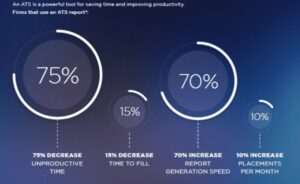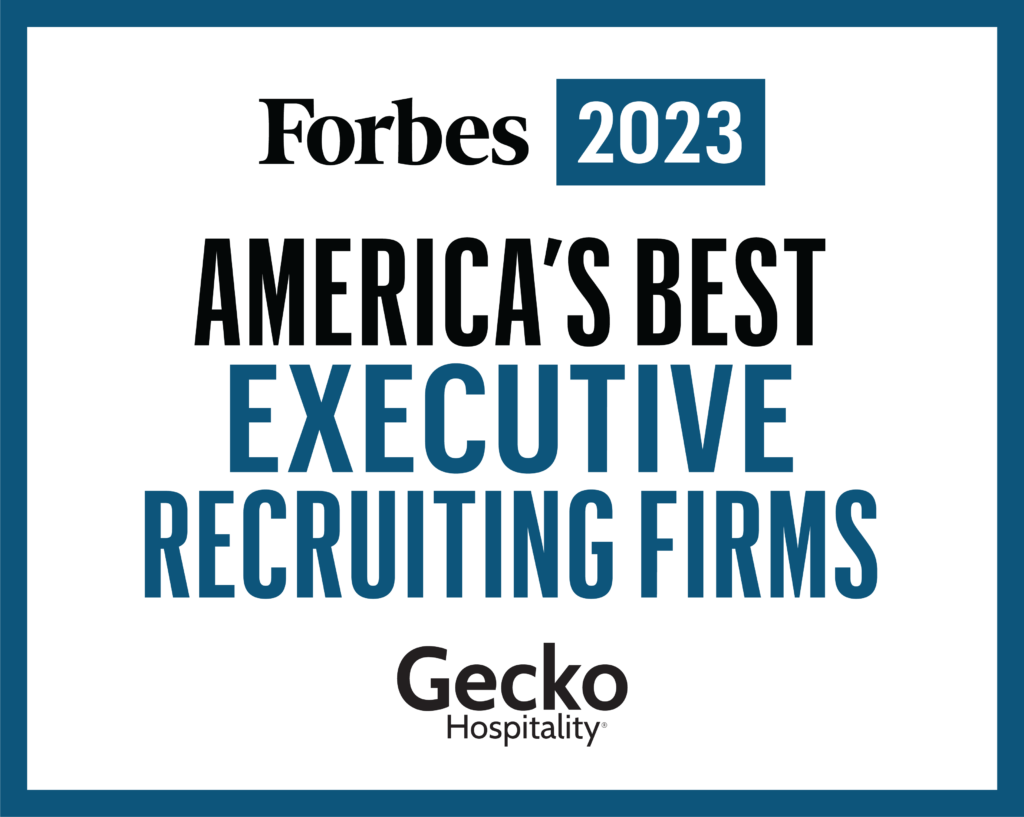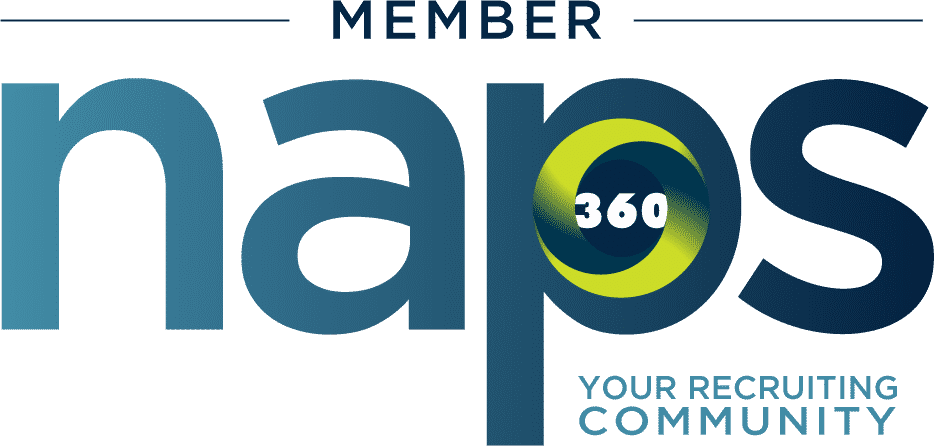With the increased demand for quality employees, recruiters are having to step up their game. Sifting through resumes and job applications is very time consuming and only helps to weed out the unqualified. Add to the mix job candidates that are becoming more selective in the roles they will choose, and the recruitment challenges only multiply. Thankfully, artificial intelligence (AI) technologies are becoming more than useful for reducing the time and effort it takes to find a qualified candidate. The time-savings alone that AI brings to the recruiting efforts is worth the investment.
According to Entelo, a AI-driven recruiting automation platform, recruiters spend on average 13 hours per week vetting candidates for just one role. But with AI, recruiters can comb through thousands of data points in much shorter time and find high-potential candidates that match the position.
Embracing AI
It’s been reported that 52 percent of talent acquisition leaders state that the most difficult part of recruiting is screening candidates from a large pool of applicants. But AI technology is designed to streamline parts of the recruiting workflow making recruiting faster and more efficient.
The science applies particularly to the especially repetitive, high-volume tasks. It is where machine learning can learn to shortlist your ideal candidate and automate manual tasks in the recruitment process. The AI software can also screen job descriptions to flag any biases.
It’s not always easy to make and accept change. When it comes to ensuring the right candidate for the open position is quickly hired, it is worth considering embracing AI.
Here are several more reasons:
-
Better sourcing– Helps identify best-fit candidates through matching and scoring capabilities.
-
Assists with talent sourcing in other areas– Artificial intelligence is good at raking through social and professional sites to find the talent you are looking for.
-
Ability to identify passive candidates– According to LinkedIn Talent Solutions, 70 percent of the global workforce is made up of passive talent who aren’t really looking for a job. In other words, only 30 percent are active job seekers. AI can help to separate the two and identify untapped passive talent.
-
Better and faster candidate engagement– Today candidates expect transparency and timely responsiveness. The software of AI can use chat bots to communicate directly with candidates at every level of the process.
-
Access to former employees and applicants- Hundreds and perhaps thousands of resumes are being overlooked in these categories. AI can sift through a company’s database for these groups and find the needed talent matches.
-
Reduces bias – Even in today’s world, discrimination in the hiring process still occurs. That’s because there is still the human factor in the process. With AI, biases and discrimination are reduced dramatically.
-
Helps with scheduling– More efficient scheduling through AI using chatbots and calendar integrations to set up optimal times for interviews.
-
Better screening tools– Assists with scoring and ranking candidates based on defined criteria.
And AI is increasing the speed and the effectiveness of matching qualified candidates to jobs. In fact, currently, 96 percent of senior HR professionals believe AI has the potential to greatly enhance talent acquisition and retention.
The Future is Now
Recruiters use applicant tracking systems (ATS), similar to customer relationship management (CRM) systems. ATS enables recruiters to post an open position to various job boards, social media pages, Slack groups and many other portals. Enhanced with artificial intelligence, ATS can now find the right candidate with laser-like accuracy.
The applicant tracking systems incorporate AI for its extreme speed and accuracy in matching talent with open positions. Job matching is the core reason for the existence of job boards and AI simply makes it more efficient.
Currently, 90 percent of Fortune 500 companies use ATS and job boards to find candidates faster than ever before. However, it’s not that the job of recruiting and hiring is being handed over to technology. It’s that the future belongs to the company or hiring manager who works in tandem with technology.
The fear of the future has always been a factor: “Will robots take over our jobs?” We should be looking at AI and new technology in another light. But it doesn’t belong to bots, it belongs to people who know how to harness the magic of bots. It is a matter of using the right tools in the toolbox for maximum effectiveness.






